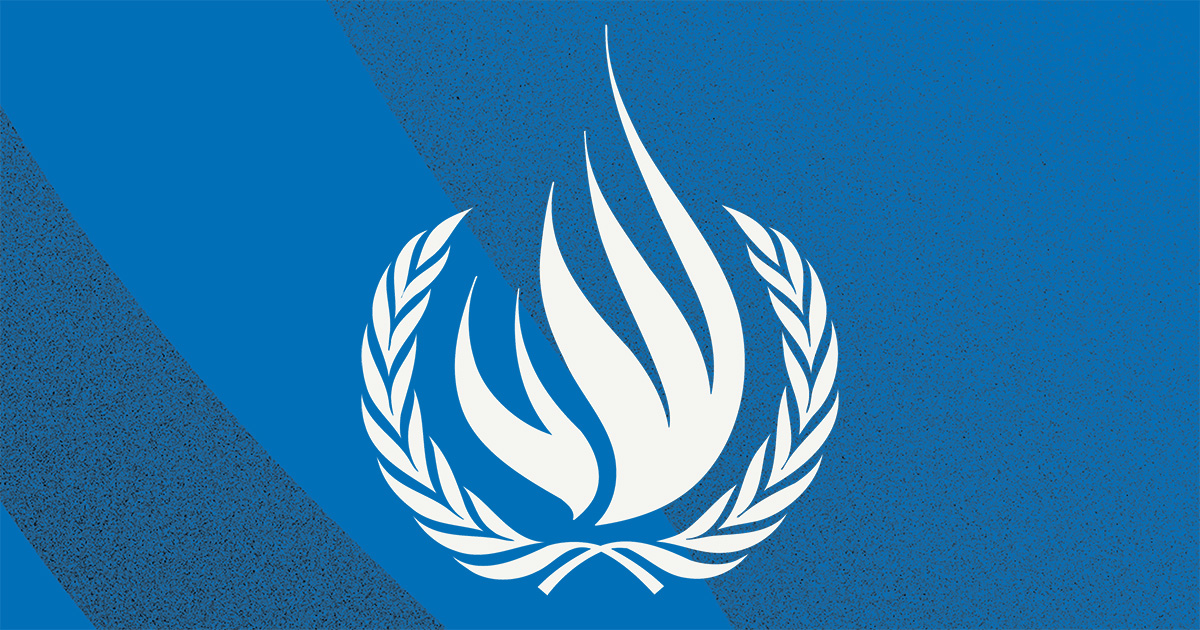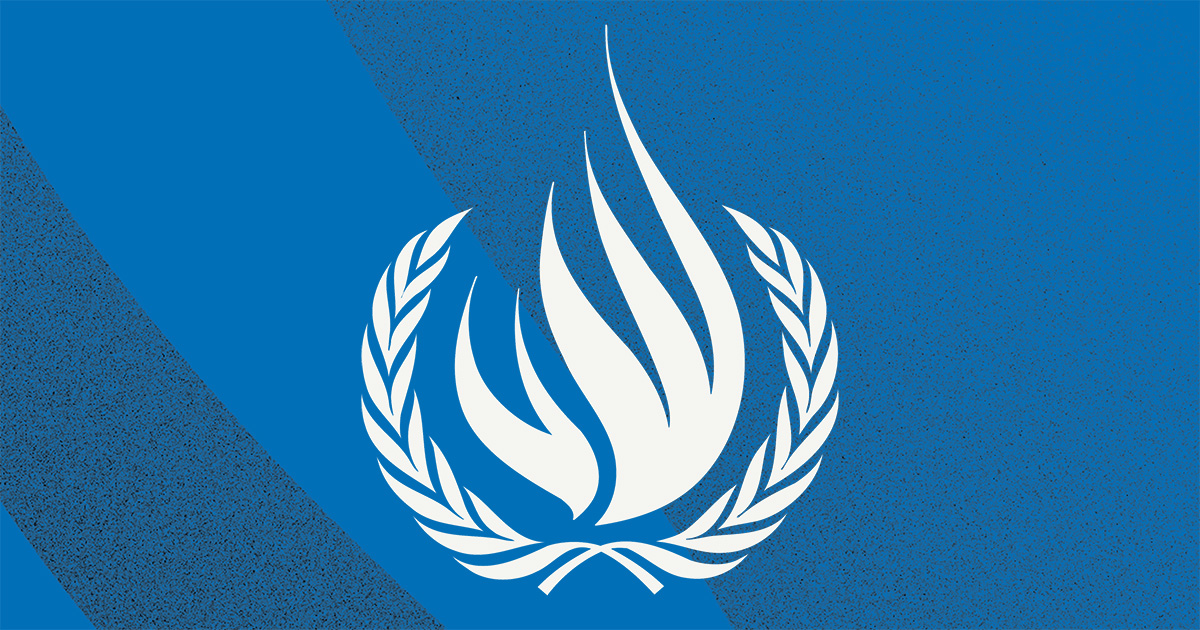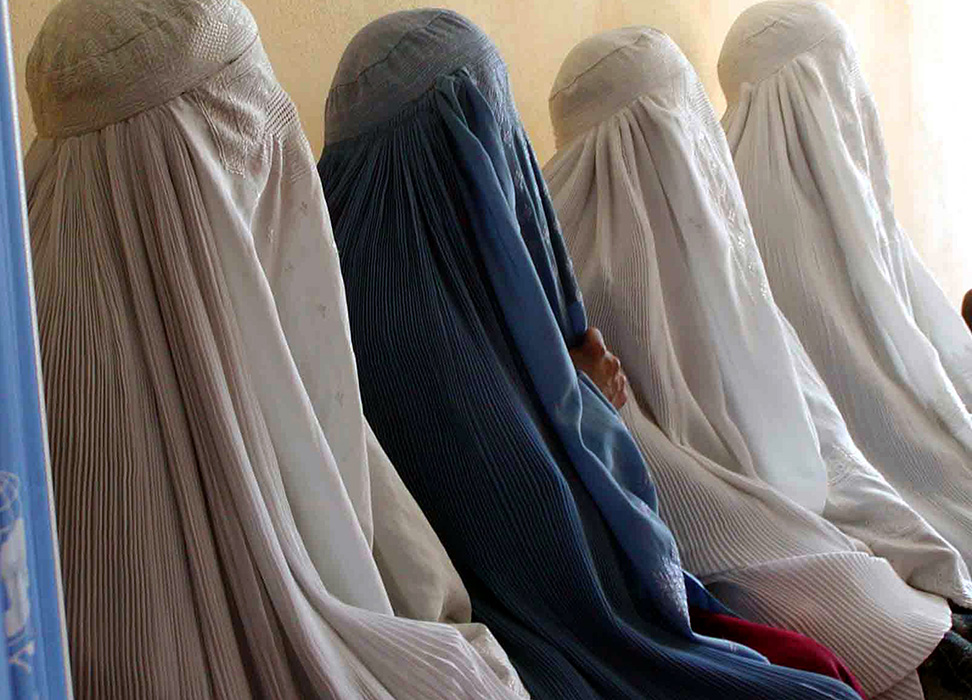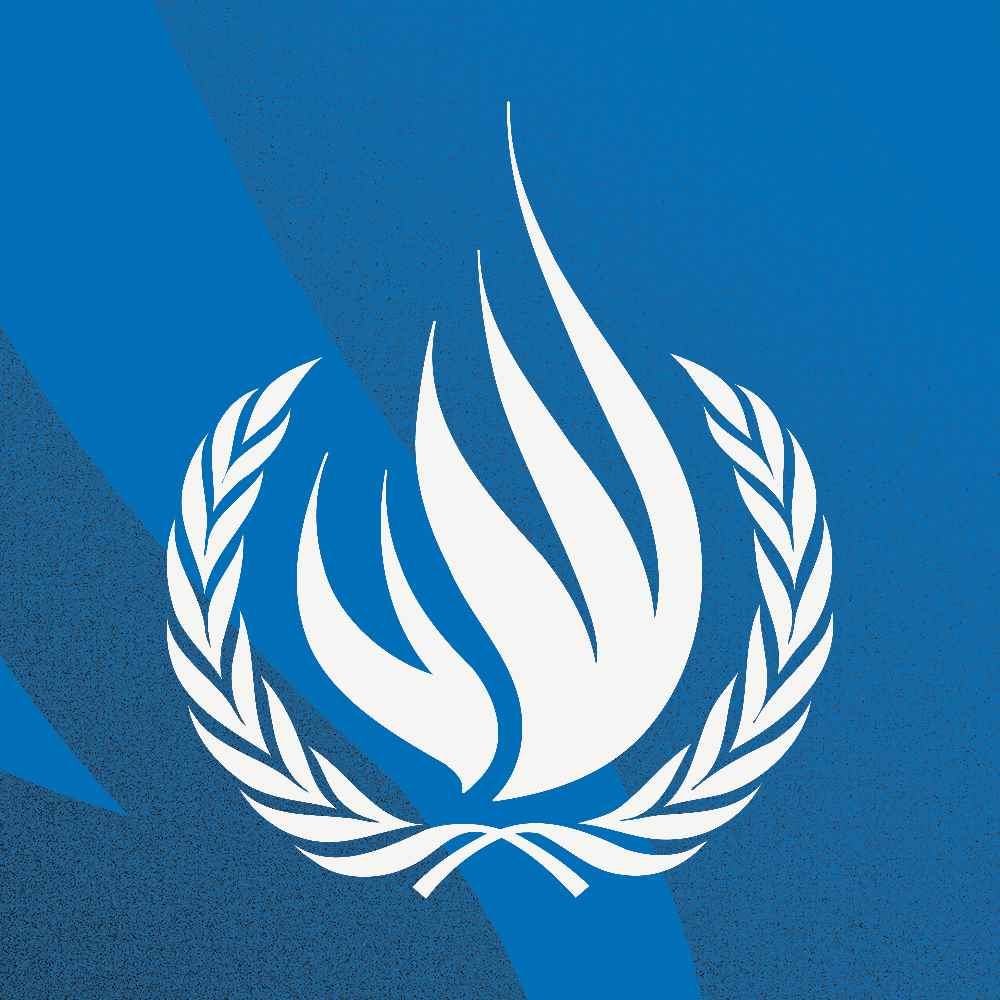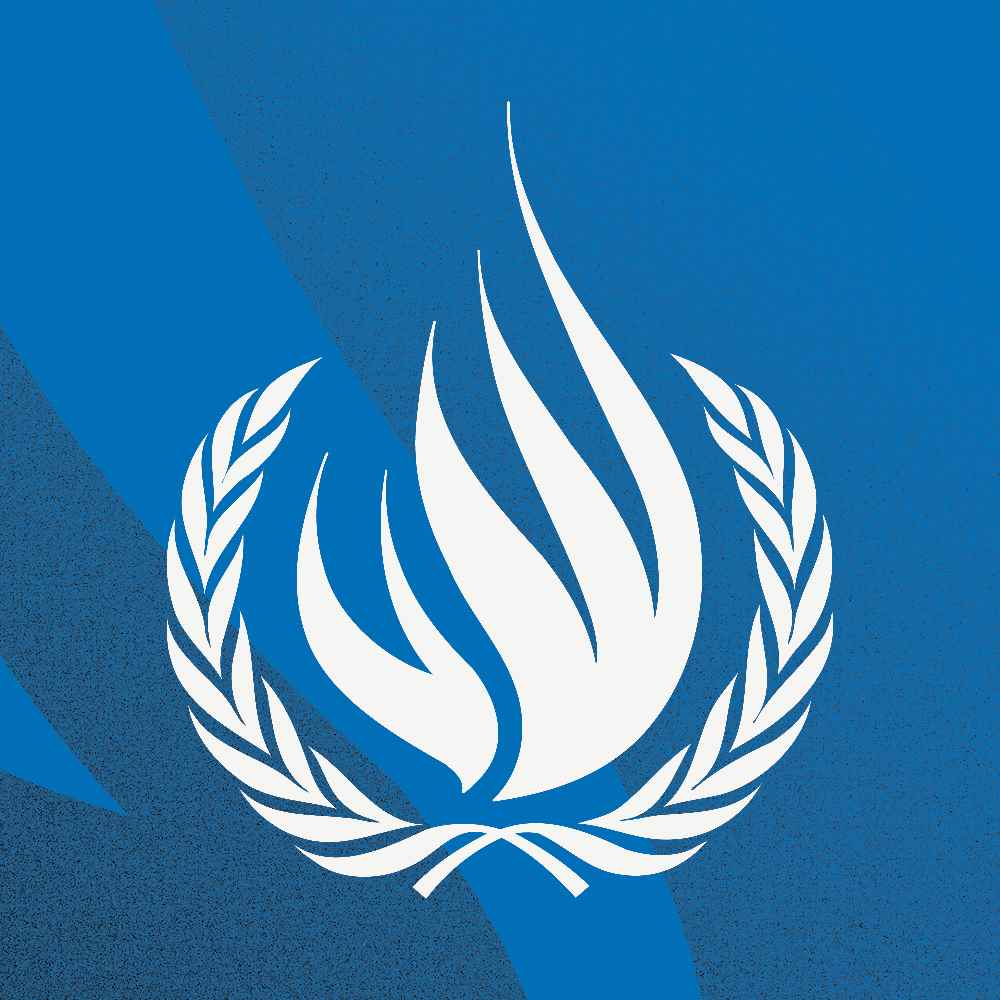
GENEVA (25 November 2022) – UN experts* today said the latest actions by Taliban de facto authorities targeting women and girls deepen existing flagrant violations of their human rights and freedoms that are already the most draconian globally and may amount to gender persecution, a crime against humanity. Their statement is as follows:
“In recent months, violations of women and girls’ fundamental rights and freedoms in Afghanistan, already the most severe and unacceptable in the world, have sharply increased. While girls remain excluded from secondary education, women have been further stopped from entering public places such as parks and gyms, and in at least one region young women were recently blocked from entering their university. Banning women’s access to parks also denies children the opportunity for leisure and exercise and their right to engage in play and recreational activities. Confining women to their homes is tantamount to imprisonment and is likely leading to increased levels of domestic violence and mental health challenges.
Men accompanying women wearing colourful clothing, or without a face covering, have been brutally beaten by Taliban officers. The Taliban are removing women and girls’ agency by punishing male relatives for the purported offences of women, and instrumentalising one gender against another by encouraging men and boys to control the behaviour, attire and movement of women and girls in their circles. We are deeply concerned that such actions are intended to compel men and boys to punish women and girls who resist the Taliban’s erasure of them, further depriving them of their rights, and normalising violence against them
Women human rights defenders peacefully protesting against increased restrictions on women and girls have for months been increasingly targeted, beaten, and arrested. On Thursday 3 November, a press conference was disrupted and attendees detained. Activist Zarifa Yaquobiand four men remain detained by the Taliban’s intelligence department. We are deeply concerned for the wellbeing of the arrested human rights defenders, and remind the Taliban that arresting people for exercising their fundamental rights is unlawful and constitutes arbitrary detention.
The above actions, together with previous discriminatory measures against women and girls imposed by the Taliban de facto authorities, should be investigated as gender persecution with a view to prosecutions under international law.
Accordingly, we call on the Taliban to:
Abide by all international human rights obligations and commitments incumbent upon Afghanistan, fully implement the human rights standards that Afghanistan has freely accepted, including respecting the rights of all girls and women to education, employment, and participation in public and cultural life.
Immediately and unconditionally release Zarifa Yaquobi and the four men detained with her, or make the reasons for their continued detention public and allow contact with their respective families and lawyers.
Respect the fundamental rights of women and men to associate and assemble without intimidation and attacks. Instead of arresting and repressing women for asking for their human rights, the Taliban must hear and respond to their legitimate concerns.
Repeal the edict that punishes male family members for perceived transgressions of women and girls.
Immediately open all secondary schools for girls and ensure their continued access to university education.
Immediately remove the restrictions on women and girls from accessing all public locations.
We call on members of the international community to:
Demand the reversal of restrictions on women and girls and ensure respect and protection of women’s rights is central to all discussions with the Taliban de facto authorities.
Take steps to investigate and prosecute those responsible in Afghanistan for gender persecution in appropriate international and extra-territorial jurisdictions.
Increase support to Afghan human rights defenders, especially women and girls
Promote and provide safe platforms for women to engage in decision making processes on Afghanistan.”
*The experts: Richard Bennett, Special Rapporteur on the situation of human rights in Afghanistan; Dorothy Estrada Tanck (Chair), Ivana Radačić (Vice-Chair), Elizabeth Broderick, Meskerem Geset Techane and Melissa Upreti, Working Group on discrimination against women and girls, Alexandra Xanthaki, Special Rapporteur in the field of cultural rights, Farida Shaheed, Special Rapporteur on the right to education, Clément Nyaletsossi Voule, Special Rapporteur on the Rights to Freedom of Peaceful Assembly, Mary Lawlor, Special Rapporteur on the situation of human rights defenders
The Special Rapporteurs, Independent Experts and Working Groups are part of what is known as the Special Procedures of the Human Rights Council. Special Procedures, the largest body of independent experts in the UN Human Rights system, is the general name of the Council’s independent fact-finding and monitoring mechanisms that address either specific country situations or thematic issues in all parts of the world. Special Procedures’ experts work on a voluntary basis; they are not UN staff and do not receive a salary for their work. They are independent from any government or organization and serve in their individual capacity.
For more information and media requests, please contact Naveed Ahmad (Naved.ahmad@un.org).
For media inquiries related to other UN independent experts, please contact Renato Rosario De Souza (renato.rosariodesouza@un.org) or Dharisha Indraguptha (dharisha.indraguptha@un.org)
Follow news related to the UN"s independent human rights experts on Twitter @UN_SPExperts
Concerned about the world we live in?
Then STAND UP for someone"s rights today.
#Standup4humanrights
and visit the web page at http://www.standup4humanrights.org





